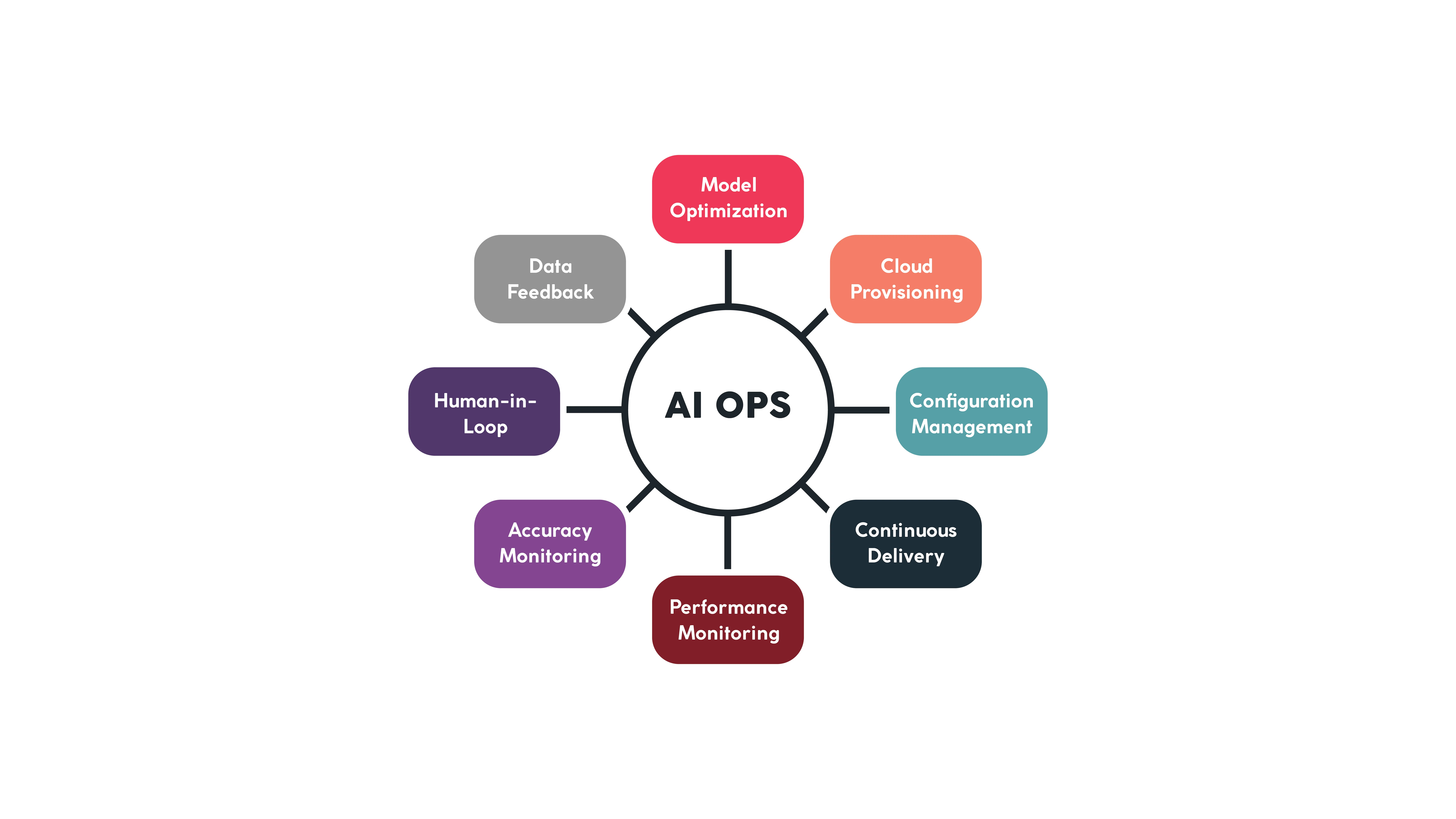
Key Highlights: Artificial Intelligence in Business Gets Real
Quick Recap: Artificial Intelligence in Business Gets Real (2018) is a joint analysis conducted by MIT Sloan Management Review and Boston Consulting Group. This report is a continuation from last years research surveying over 3,000 global business executives to assess maturity in adopting artificial intelligence. The 2017 report found that 78% of companies survey are either investigating AI, experimenting with AI, or actively adopting AI into the organization.

Based on the 2017 research, four classifications of artificial intelligence maturity emerged:
Pioneers (19%): Organizations that both understand and have adopted AI. These organizations are on the leading edge of incorporating AI into both their organization’s offerings and internal processes.
Investigators (32%): Organizations that understand AI but are not deploying it beyond the pilot stage. Their investigation into what AI may offer emphasizes looking before leaping.
Experimenters (13%): Organizations that are piloting or adopting AI without deep understanding. These organizations are learning by doing.
Passives (36%): Organizations with no adoption or much understanding of AI.
The 2018 research revisits the AI Pioneers to understand the opportunities and challenges they face in deploying artificial intelligence throughout the organization.
Key Highlights if the 2018 Research
1. Pioneers are deepening their commitment to AI.
Pioneers are following up initial AI programs with more applications and increased investment.

More specifically, a significant number of Pioneers reported investing more in the past year than in prior years in AI talent (81%), AI technology (86%), the data required to train AI algorithms (79%), and the processes required to train the algorithms (80%). When asked why, Pioneers state that the results of AI programs are encouraging them to invest further.
Also, the gap between pioneers is widening. Pioneers are reporting the greatest company growth than any other category while passives report “scant” gains. Two-thirds of all Pioneers claim to have learned “a lot” about AI since 2017.
Overall, a surprising number of respondents (28%) say AI solutions have already led to business model change in their organization. The majority of all Pioneer organizations (58%) foresee modifications of their business models due to AI within five years.
Other habits of Pioneers:
- Company-wide data governance systems
- Centralized data lakes
- Data is viewed as a corporate asset
- High degree of attention to company data issues
- Have top-down commitment to data and AI
- Create clear business cases for AI programs
2. Pioneers are eager to scale AI throughout their enterprise.
Many Pioneers state they are now working on scaling their AI programs across the organization.
Scaling requires:
- Creating a strategic vision. They have a clear, unified vision for AI, goals for AI programs, and ways to measure success.
- Taking stock of current capabilities. Account for all the disparate research and development projects for AI and data science. The goal is to have unified programs and objectives.
- Building AI process and platforms. Make sure all the infrastructure elements are in place for a smooth program. AI platforms are still in their infancy so Pioneers are developing their own or investing in data platforms instead. “Components to ingest data to build AI models, to deploy them in production, to manage them, monitor them, report on how they are performing using dashboards, take in feedback from the actions being taken, learn from that, and continue that cycle — the iterative learning loop,”. Collecting data and building models is step one. More challenging is operationalizing the models where they can be continuously debugged, trained, and tested.
KUNGFU.AI (AI Ops)

- Teaching AI within the organization. Instead of having a centralized system of AI expertise, Pioneers are seeing the need for the entire organization to understand AI and value driven within the organization.
3. Pioneers prioritize revenue-generating applications over cost-saving ones.
Artificial intelligence can be broadly applied across organizations. Pioneers are finding that a top-line focus is leading to accelerated adoption.

As Pioneers focus more on revenue generating opportunities, AI passives and experimenters are more focused on cost saving opportunities. Not surprisingly, Pioneers see more opportunity than risk associated with AI. “2017, 83% answered that it was either pure opportunity (50%) or a combination of opportunity and risk (33%). This year, optimism was even higher, with 88% giving one of those answers”.
The gap is widening between Passives and Pioneers. For Passives, it is important to start with executive education and alignment around the importance of artificial intelligence to the organization’s future. Together, build a strategy or vision for adoption. Then begin to select use cases where it may be applied. For Pioneers, scale comes when you operationalize around AI and data. New leadership, process, and tools will be required to manage the applications already in play. Develop systems focused on data acquisition, model tuning, and future use case identification.
